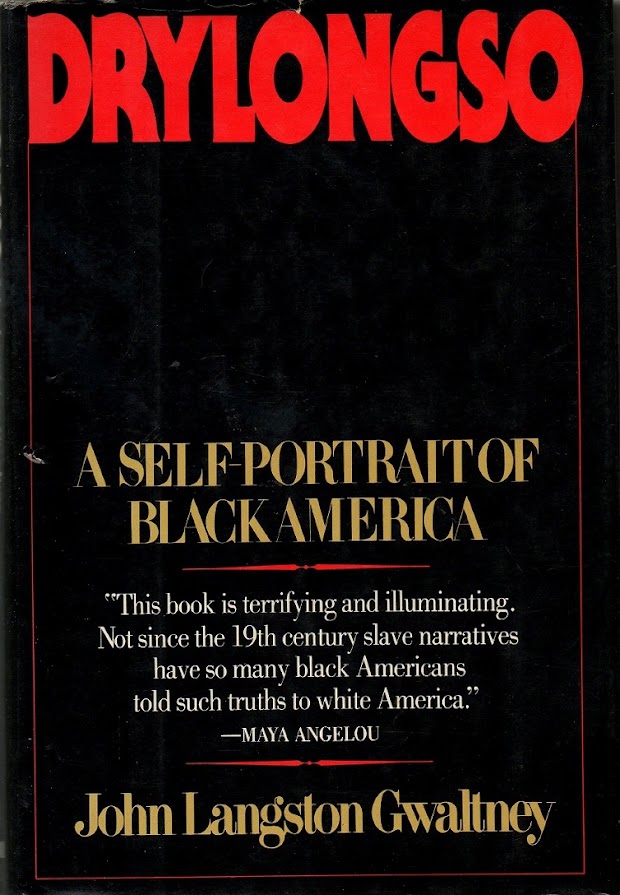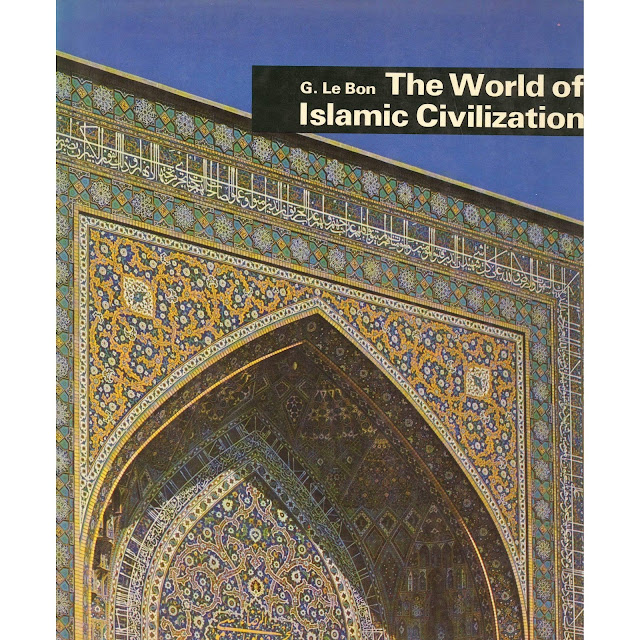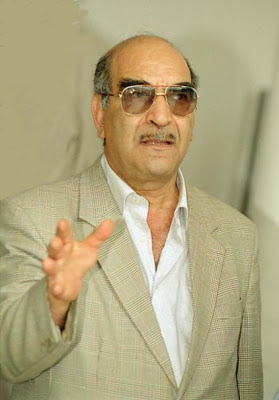"Drylongso: a Self-Portrait of Black America" John Langston Gwaltney (Random House, 1980)
In writing his Self-Portrait of Black America, anthropologist, folklorist, and humanist John Gwaltney went in search of "Core Black People"--the ordinary men and women who make up black America--and asked them to define their culture. Their responses, recorded in Drylongso, are to American oral history what blues and jazz are to American music. If the people in William H. Johnson's and Jacob Lawrence's paintings could talk, this is what they would say.
"Drylongso: a Self-Portrait of Black America"
John Langston Gwaltney
Random House
1980 (First edition)
291 pages
John Langston Gwaltney was born on September 25, 1928 in Orange, New Jersey, United States; the son of John Stanley Gwaltney and Mabel (Harper) Gwaltney. Gwaltney lost his eyesight soon after birth.
Education
Gwaltney attended a local high school in Newark. In 1957, he earned his Master of Arts degree from the New School for Social Research in 1957. Ten years later John received a Ph.D. in anthropology from Columbia University, where he won the Ansley Dissertation Award and studied under Margaret Mead. Gwaltney was given an honorary degree of Doctor of Science from Bucknell University in 1979 and a Doctor of Literature degree in 1980 from Upsala College.
Career
Gwaltney was appointed a professor of anthropology at State University of New York in 1967. Four years later he took the same position at Syracuse University. In his most famous writing Self-Portrait of Black America, Gwaltney went in search of “Core Black People” - the ordinary men and women who make up black America - and asked them to define their culture. Their responses, recorded in Drylongso, are to American oral history what blues and jazz are to American music.
Contents
Introduction: "I think this anthropology is just another way to call me a nigger." / Othman Sullivan --
A Nation Within a Nation --
"Black men have no country, but they are a country in their hearts." / Joseph Langstaff --
"We are a nation primarily because we think we are a nation." / Hannah Nelson --
"Sometimes I wonder if there are any other Americans besides us." / Harriet Jones --
"That man has got his country and we are our country." / John Oliver --
The Legacy of Slavery --
"I'm not saying 'Yessir' to no damn cracker." / Jonathan Melton --
"When you don't know when you have been spit on, it does not matter too much what else you think you know." / Ruth Shays --
"In many ways I was more of a slave than most of my black ancestors." / Grant Smith --
"Many people say our people are unpredictable." / Carolyn Chase --
"There is nothing on this earth as low and lazy and cowardly as a cracker." / Howard Roundtree --
"I am a hard woman because I have had a hard time out here." / Mabel Lincoln --
The Many Shades of Black --
"Too many blackfolks are fools about color and hair." / Mabel Lincoln --
"He looks as white as any white person, but you'd better not tell him that unless you are ready to go to war." / Erica Allen --
"One reason the whole thing is so hard to deal with is that nobody really talks about it." / Angela McArthur --
"It's sex and color that present the most difficulty, right?" / Celia Delaney --
"I don't trust anybody who would deny their color like that." / Rosa Wakefield --
"I think that is rotten of them to lie to a blind man like that!" / Clinton Banks --
The Mojo and the Sayso --
"The business of white men is to rule." / Jackson Jordan, Jr. --
"The white man must pretend to know more than he does, but we must always show less than we know." / Jackson Jordan, Jr. --
"Whitefolks are how folks and blackfolks are what folks." / Porter Millington --
"The biggest difference between us and white people is that we know when we are playing." / Alberta Roberts --
"There are two kinds of whitefolks. A few live like they want to and the rest try to live like their big boss leaders." / Sims Patrick --
"The power to do one thing is never the power to do all things." / Bernard Vanderstell --
The Welfare Siege --
"You cannot walk the streets without running into something bad." / Maynard Brown --
"We need to get up, not just get over." / Janet McCrae --
"These whitefolks is evermore giving people things they cannot use or do not want." / Melvin Gabriel Wilmot --
"I thank God that I don't need anything from the white man." / Hattie Lanarck --
"You can't just take anything this man hands out, because he has a hundred different kinds of chains." / Gilbert Lanarck --
"You push enough for the white man and you get a Cadillac out of his small change." / Kenneth Simmons --
Sex and Work --
"Hard work don't have a thing between its legs." / Nancy White --
"When you lose control of your body, you have just about lost all you have in this world!" / Nancy White --
"One thing about Cal'donia, if she don't want you, you are out of luck because that thing between her legs is hers and hers alone." / Clifford Yancy --
"He was a man and I was a woman, so we didn't neither of us have to raise the other." / Mabel Johns --
"I can handle black men; what I can't handle is this prejudice." / May Anna Madison --
Turn --
"I'm twenty-four, but sometimes I feel much older because the things I believe in are the old ways." / Margaret Lawson --
"Christ warned us by his life and death, so who am I that I should not warn my daughter by my life?" / Yula Moses --
"If you teach your children to be fair and honest only some of the time and only to some people, you are really telling them that the truth is unimportant." / Joseph Langstaff --
"I feel like something heavy just rolled off my chest." / Edith Baker --
"In high school they told me that it was the wonderful world of work and my father told me, 'Shug, it's a bitch out there.'" / Avis Briar --
"A junkie generally has to mess up the people he can --
that means his mother or his sisters or his brothers." / Margaret Lawson --
"My daughter listens to me sometimes, but I listened to my mother all the time." / Ellen Saunders --
"Now, how is having a lot of fatherless children for the white man to half support going to help us?" / Janice Saunders --
"I always wanted my mother to be proud of me, but I never really turned out to be nothin'." / Estelle O'Connor Kent --
More Than Mere Survival --
"You got to live it the best you know how." / Cora Sumter --
"All these doctors want to do is cut you or starve you." / Velma Cunningham --
"Right now, every day is just something you got to get through." / Seth Bingham --
"I'm no respecter of churches in the same way that the Lord is no respecter of persons." / Johnetta Ray --
"Some people are the horse shit of the earth." / Ella Turner Surry --
"A faithful person means more than anything else in the world!" / Gloria Melton --
"I have learned to stop feeling sorry for myself, I think." / Jonathan Melton.






_a.jpg)
